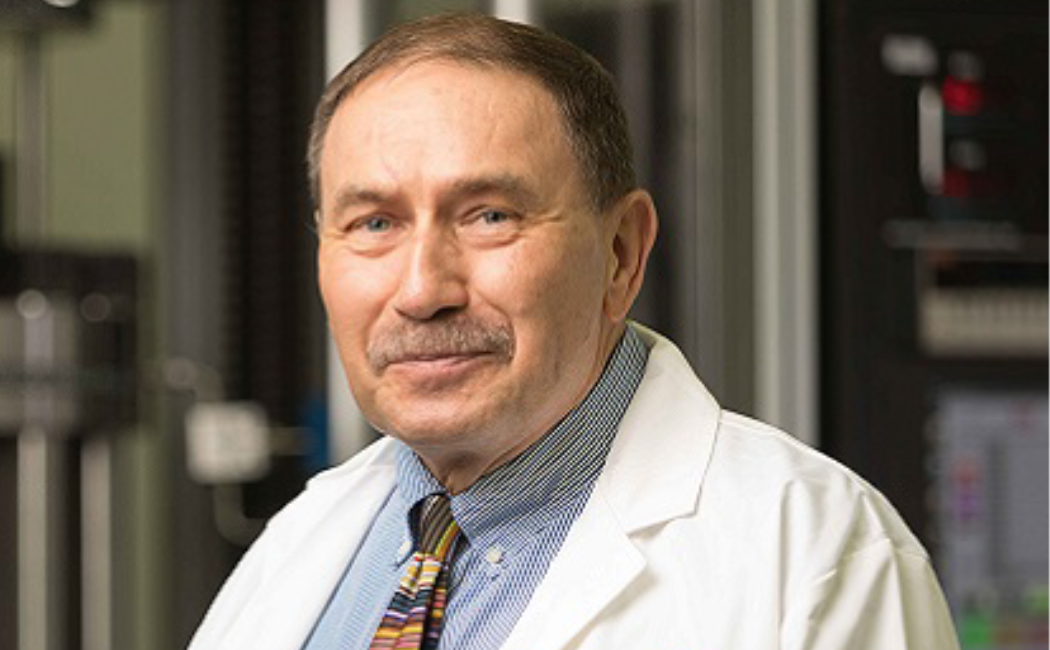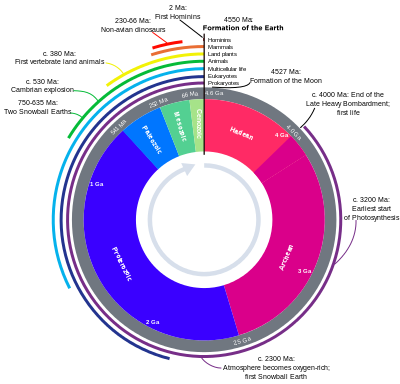.jpg?sfvrsn=1a62d0cb_0)
.jpg?sfvrsn=1a62d0cb_0)


For millennia, humans have relied on the "free" environmental services. These life-giving services are clean air to breathe, fertile soil, mild temperatures, healthy forests and savannas, healthy rivers, lakes, seas and oceans, sufficient rain, full aquifers, clean drinking water, and ample snowpacks. But what to do if most or all of these services either are damaged or have disappeared?
Inspired by an ecologist friend, Wes Jackson, Prof. Patzek will shrink time since the beginning of the Silurian period to 1 year. On this new time scale, the living Earth has had over 1 year to make topsoil, sediments, aquifers, natural gas, crude oil, and coal. The oldest samples of crude oil from red algae are almost 4 years old. In early January, the leafless vascular plants, psilophytes, were plentiful. Club mosses, horsetails, forest trees and ferns developed by early April, and ferns and conifers in late May. They all flourished in late June, as well as cycads and ginkgoes and later became plenty of coal. In the first days of November, dinosaurs died and by mid-November mammals spread to all continents. At noon of December 30, the Great Ice Age began making more soil than perhaps in any other month of this memorable year. The oldest human species, Homo habilis, were first seen in the early hours of New Year’s Eve.
Finally, Prof. Patzek will zoom on the last 20 seconds of this extraordinary year in Earth’s history. This last blink of geologic time belongs to humans. So here we are, thinking that we are an immortal species. But are we?
This seminar will take place in the main auditorium of Building 20, and requires prior registration. Currently there are no seats available, but click here to join the waiting list.